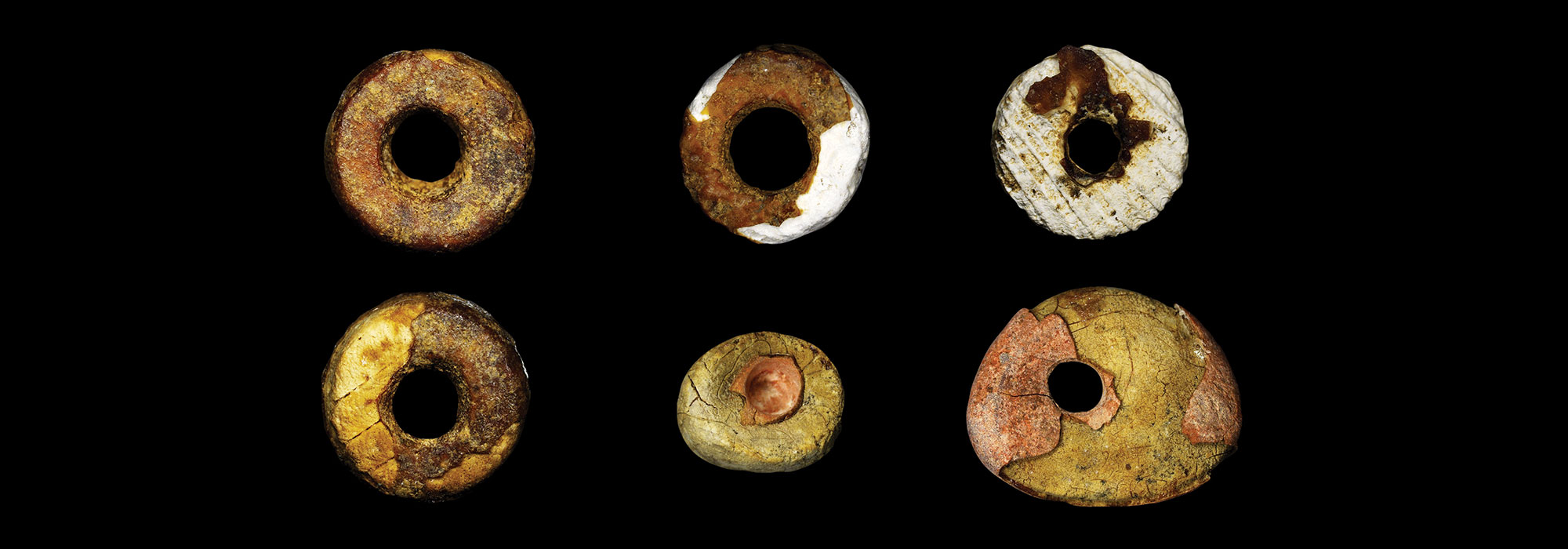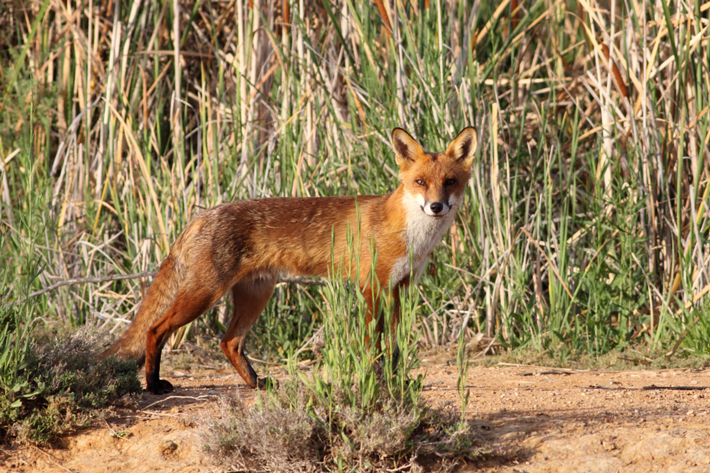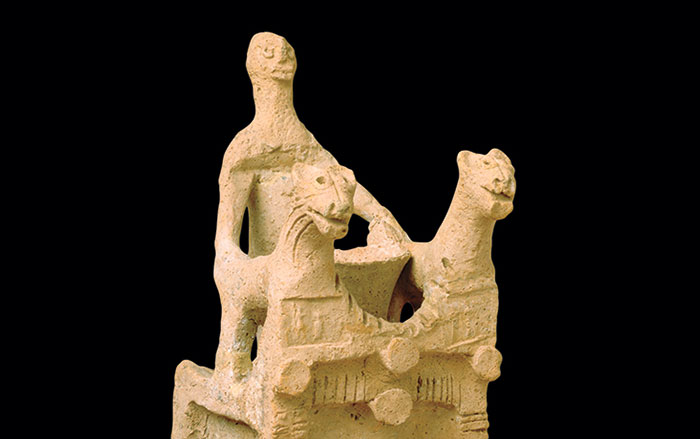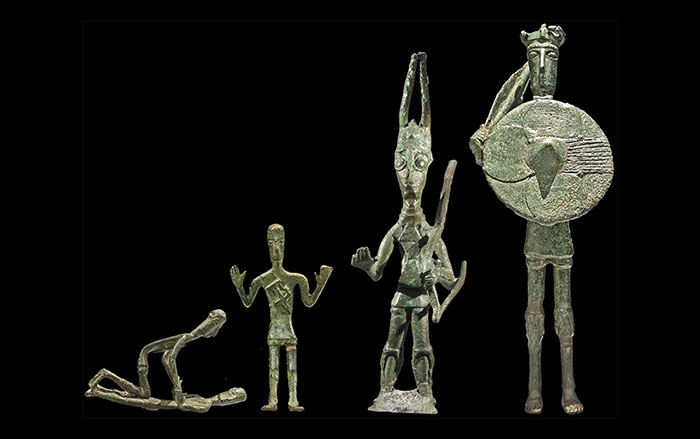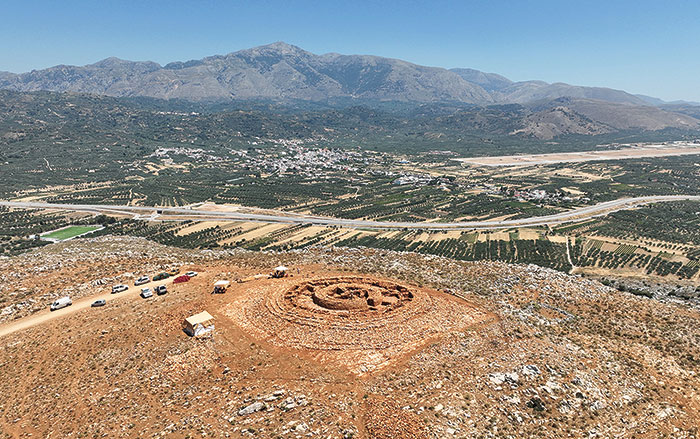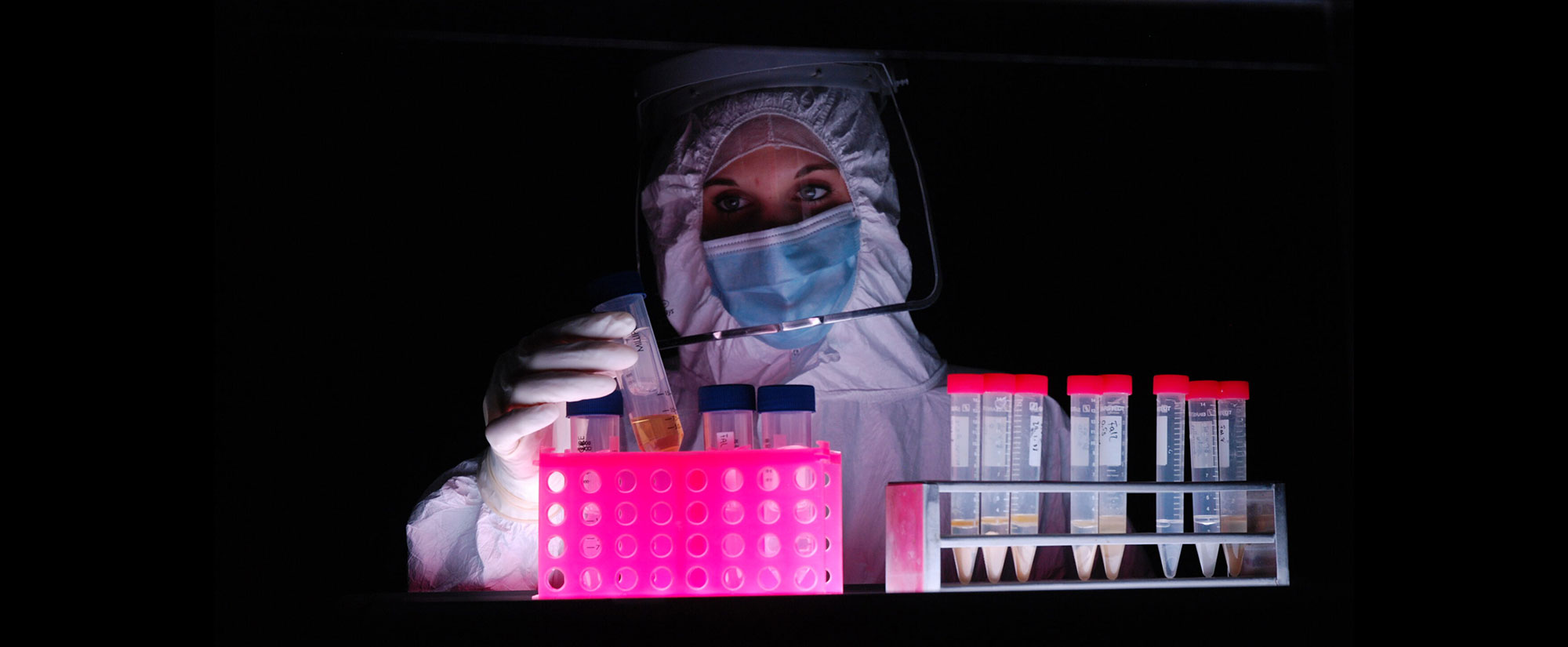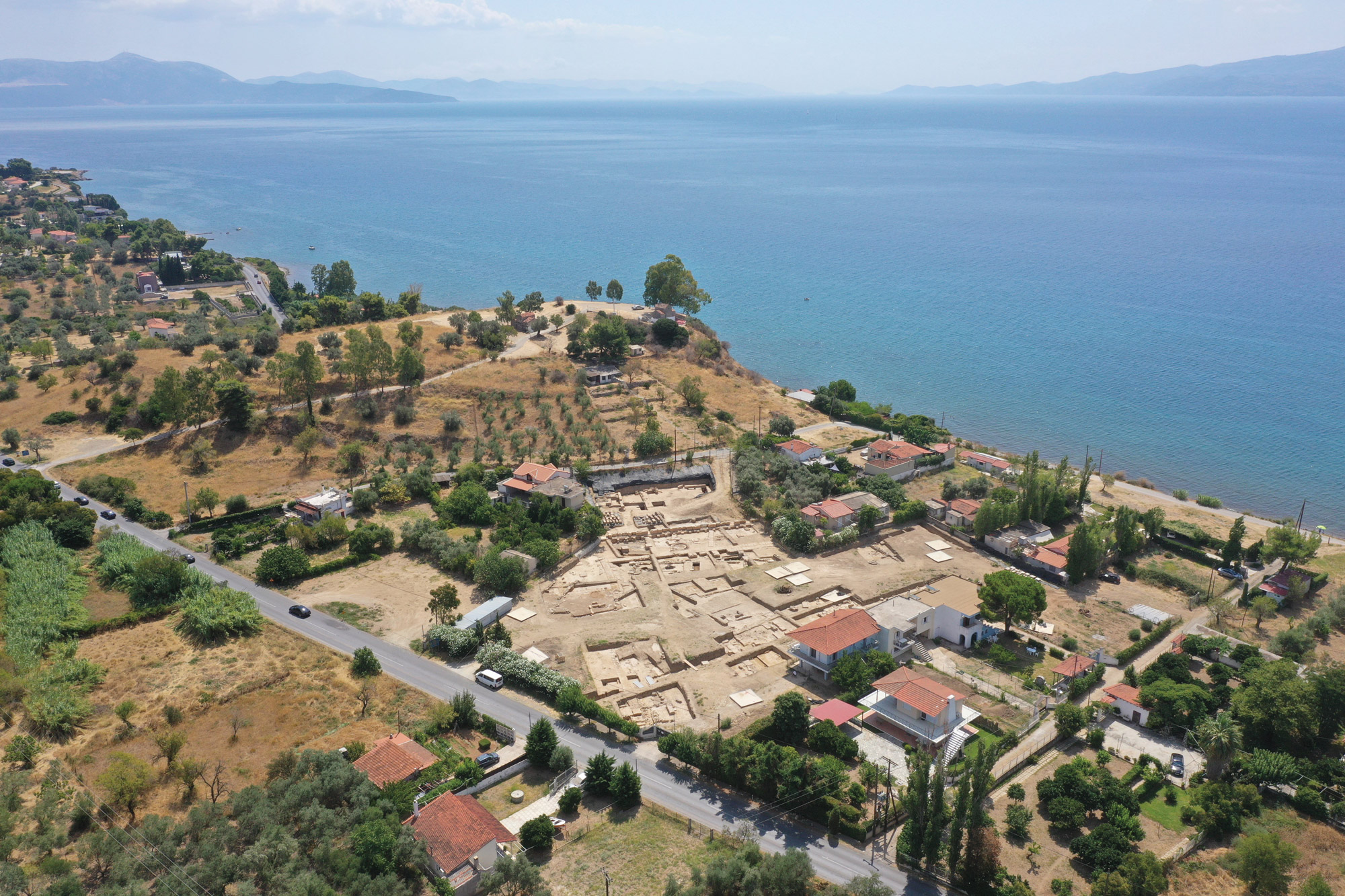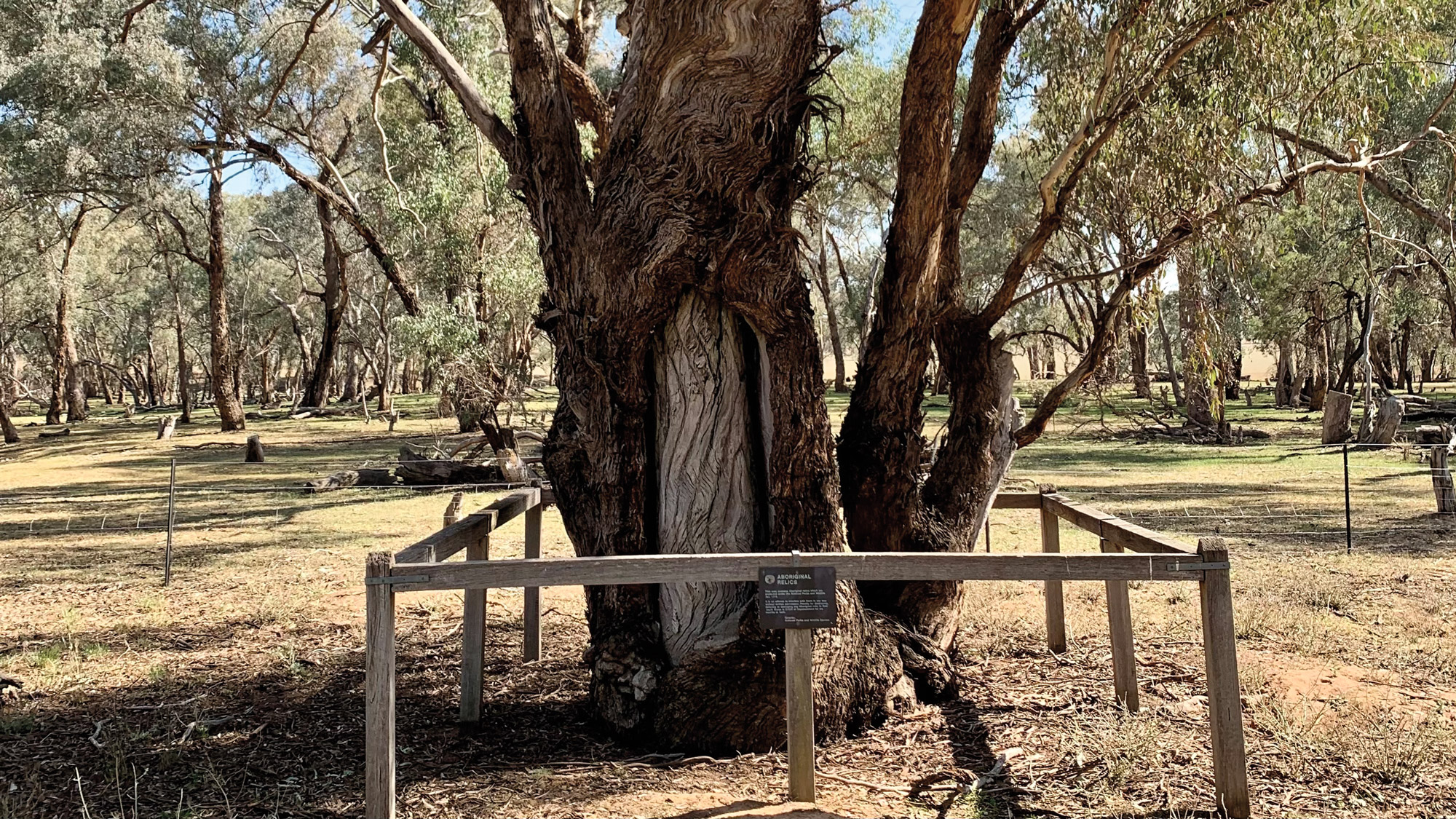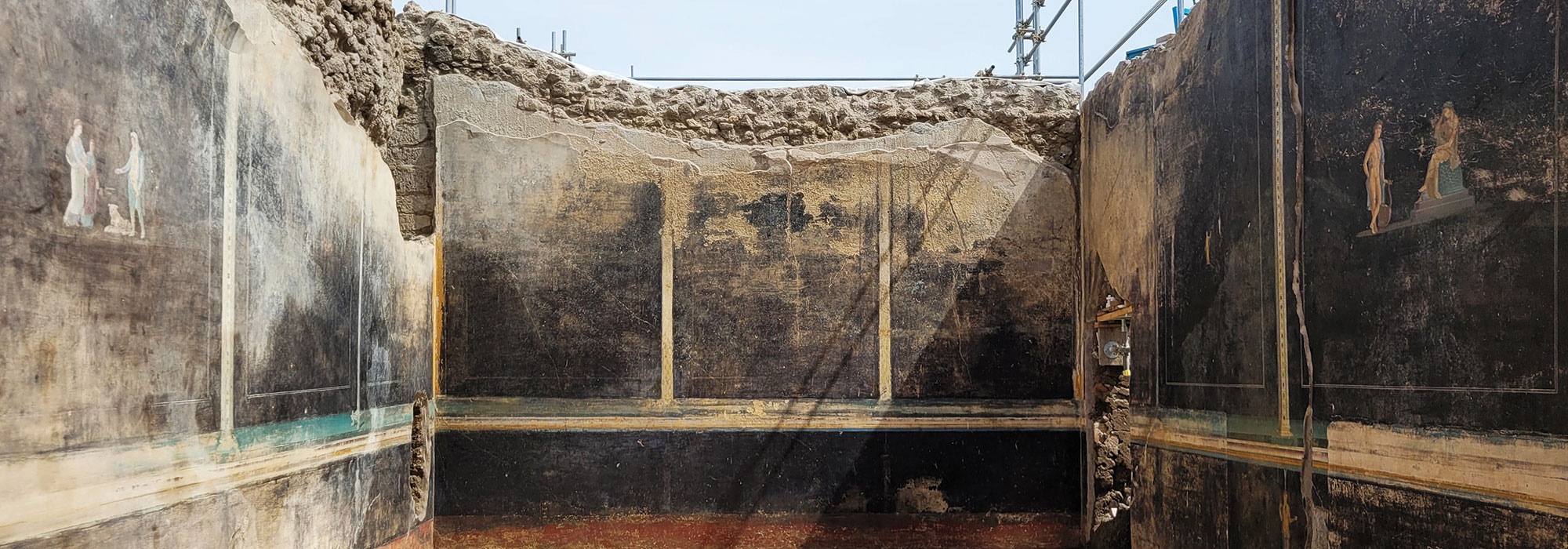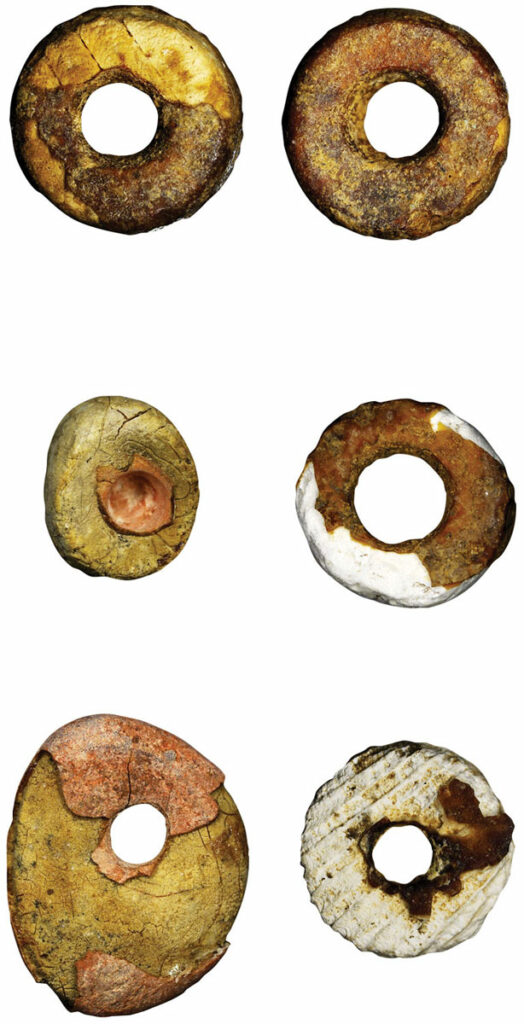
SEVILLE, SPAIN—According to an El País report, a team of researchers led by Carlos Odriozola of the University of Seville has studied replica amber beads produced by people living on the Iberian Peninsula between 3,000 and 5,000 years ago. More than 2,000 beads crafted to resemble amber have been found at 15 different Bronze Age sites in the region. Odriozola and his colleagues examined these imitation beads with infrared analysis techniques and computerized microtomography, and found that to begin the process, a stone or shell was chosen as a core material. Next, a mixture of pine resin, beeswax, and linseed oil was used to cover the core and give it the characteristic orange color of amber. The replica was then sealed with bone glue made from boiled collagen and other animal remains. “The clear effort to replicate the characteristics of amber is proof of the value that the material had,” Odriozola said. The researchers are planning to investigate the possibility that elites commissioned skilled craftspeople to make the imitation amber beads. For example, analysis of human remains found buried with imitation amber artifacts could reveal if the deceased person had eaten more meat than the rest of the population, thereby signifying elite status. For more on the researchers' analysis of these imitation beads, go to "Artifact: Bronze Age Beads."


